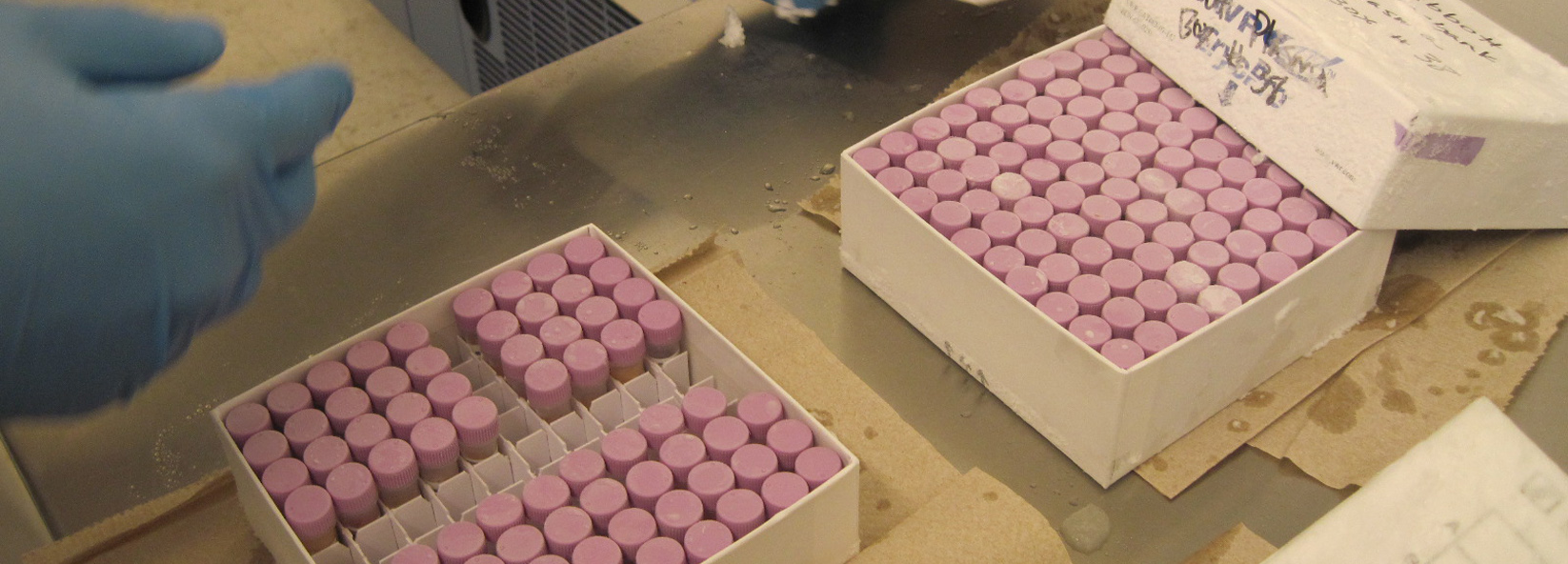
Emory Cardiovascular Biobank is a prospective study of patients who undergo cardiac catheterization for suspected coronary artery disease which investigates the role of novel biomarkers in relation to cardiovascular risk.
About
The Emory Cardiovascular Biobank was established to investigate the genetic basis of oxidative stress, vascular dysfunction, cardiovascular disease and stroke. The Biobank contains blood specimens for more than 8600 participants. These are stored for DNA, RNA, Proteomics, metabolomics, and biomarker assays. In addition, subjects provide data regarding demographics, medications, alcohol/drug use, family history of cardiovascular disease, physical and emotional health status, sleep quality, and prior medical history. Subjects are followed annually for future adverse CVD events including deaths, MI, admissions of acute coronary syndromes or heart failure, revascularization, strokes and PAD events.
Biobank samples are obtained from patients undergoing cardiac catheterization at Emory University Hospital, Grady Memorial Hospital and the Atlanta Veterans Administration Medical Center. Approximately 64% of the samples are from male patients and 46% from females. Roughly 72% of samples are from white patients, 25% black, and 1% Hispanic. Approximately 95% of the samples are stored in freezers on the Emory Campus with the other 5% stored at the VA Medical Center. Specimens and data continue to be added to the biobank as new subjects are consented on an almost daily basis. To facilitate future research, the biobank has IRB approval for future testing an analysis of de-identified data. IRB approval is renewed annually.